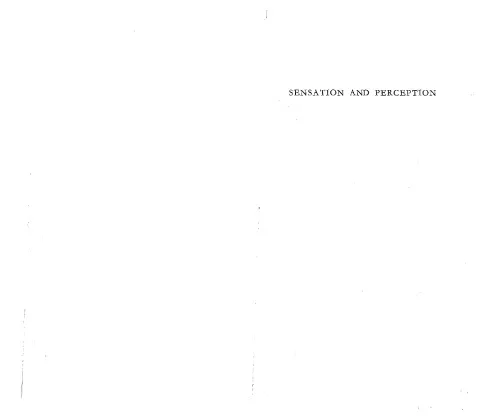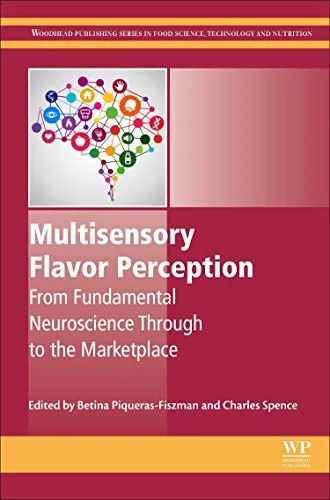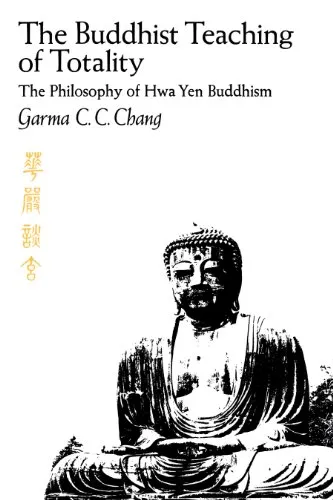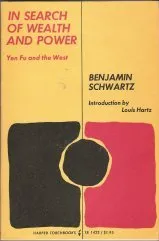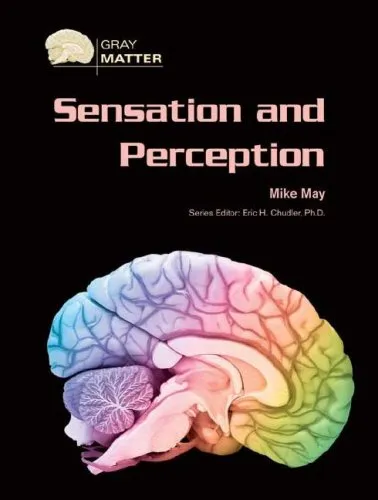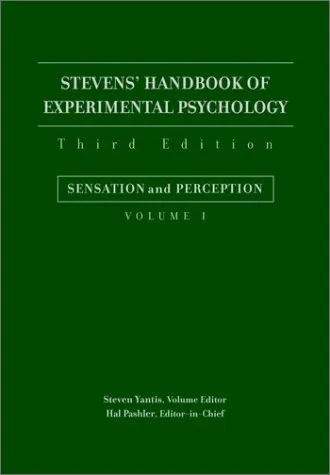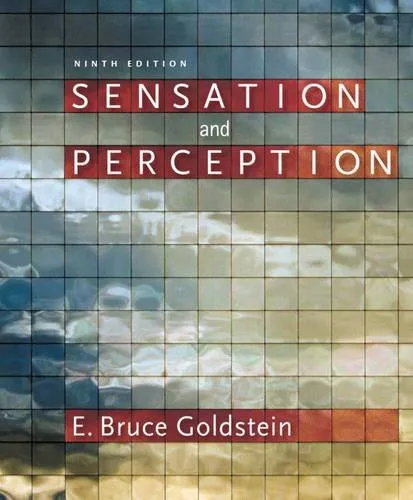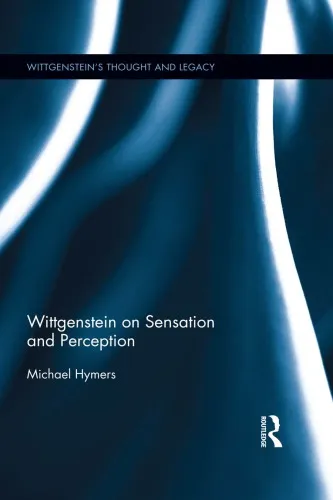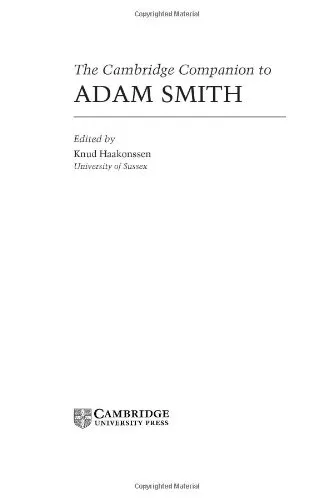Sensation and Perception: A History of the Philosophy of Perception
4.9
Reviews from our users

You Can Ask your questions from this book's AI after Login
Each download or ask from book AI costs 2 points. To earn more free points, please visit the Points Guide Page and complete some valuable actions.Related Refrences:
Welcome to the comprehensive introduction to "Sensation and Perception: A History of the Philosophy of Perception" by D.W. Hamlyn. This book offers a profound exploration of how human beings have come to understand and articulate the complex relationship between sensation and perception throughout the ages. This detailed introduction invites you to delve into the nuances of philosophical discourse about perception from ancient to modern times.
Detailed Summary of the Book
The philosophical investigation of perception dates back to pre-Socratic times, where the foundations of this inquiry were laid by early thinkers. "Sensation and Perception" meticulously traces the evolution of these ideas, illustrating how they have been shaped by cultural, scientific, and intellectual developments. The text begins with ancient Greek philosophers like Plato and Aristotle, who raised fundamental questions about the nature of reality and how it is perceived by human senses.
Moving through the Renaissance and Enlightenment periods, the book describes how increasing emphasis on empiricism and scientific inquiry recalibrated the philosophy of perception. Here, figures such as Descartes, Locke, and Hume come into focus, each contributing significantly to the dualism of mind and body, and the debate over innate ideas versus learned experience.
Entering the modern era, the book examines advances in psychology and neuroscience, explaining their impact on philosophical thought about perception. Discussions include Kant's theories on the perception of time and space, the phenomenology of Husserl and Merleau-Ponty, and contemporary debates in analytic and continental philosophy. Hamlyn deftly combines historical overview with critical analysis, ensuring readers not only learn the chronology of ideas but also understand alternative interpretations and lingering questions.
Key Takeaways
- Understanding how perception operates is fundamental to comprehending human experience and knowledge.
- Philosophy of perception is deeply intertwined with developments in science and psychology.
- Divergent viewpoints, such as rationalism and empiricism, have driven the evolution of the discourse on perception.
- Contemporary debates continue to explore unresolved issues, including the nature of consciousness and the reality of the external world.
Famous Quotes from the Book
"Perception is not simply a passive receipt of data, but an active process of constructing reality."
"The history of philosophy reveals that our understanding of perception is as much an inquiry into the nature of the mind as it is into the external world."
Why This Book Matters
"Sensation and Perception: A History of the Philosophy of Perception" is not merely a historical account; it is a crucial text for anyone seeking to grasp how our understanding of the human condition has been shaped over millennia. It bridges the past and present, contextualizing age-old philosophical dilemmas in light of modern scientific inquiry. For students, scholars, and enthusiasts of philosophy, psychology, or cognitive science, Hamlyn’s work provides essential insights into one of the most fundamental aspects of human life: how we perceive and make sense of the world around us.
This book matters because it challenges readers to reflect on the mechanisms of their own perception, offering a rich tapestry of philosophical ideas that continue to influence contemporary thought and research. As we stand at the crossroads of philosophy and science, "Sensation and Perception" acts as both a guide and a catalyst for deeper reflection and inquiry.
Free Direct Download
You Can Download this book after Login
Accessing books through legal platforms and public libraries not only supports the rights of authors and publishers but also contributes to the sustainability of reading culture. Before downloading, please take a moment to consider these options.
Find this book on other platforms:
WorldCat helps you find books in libraries worldwide.
See ratings, reviews, and discussions on Goodreads.
Find and buy rare or used books on AbeBooks.
1423
بازدید4.9
امتیاز0
نظر98%
رضایتReviews:
4.9
Based on 0 users review
Questions & Answers
Ask questions about this book or help others by answering
No questions yet. Be the first to ask!
